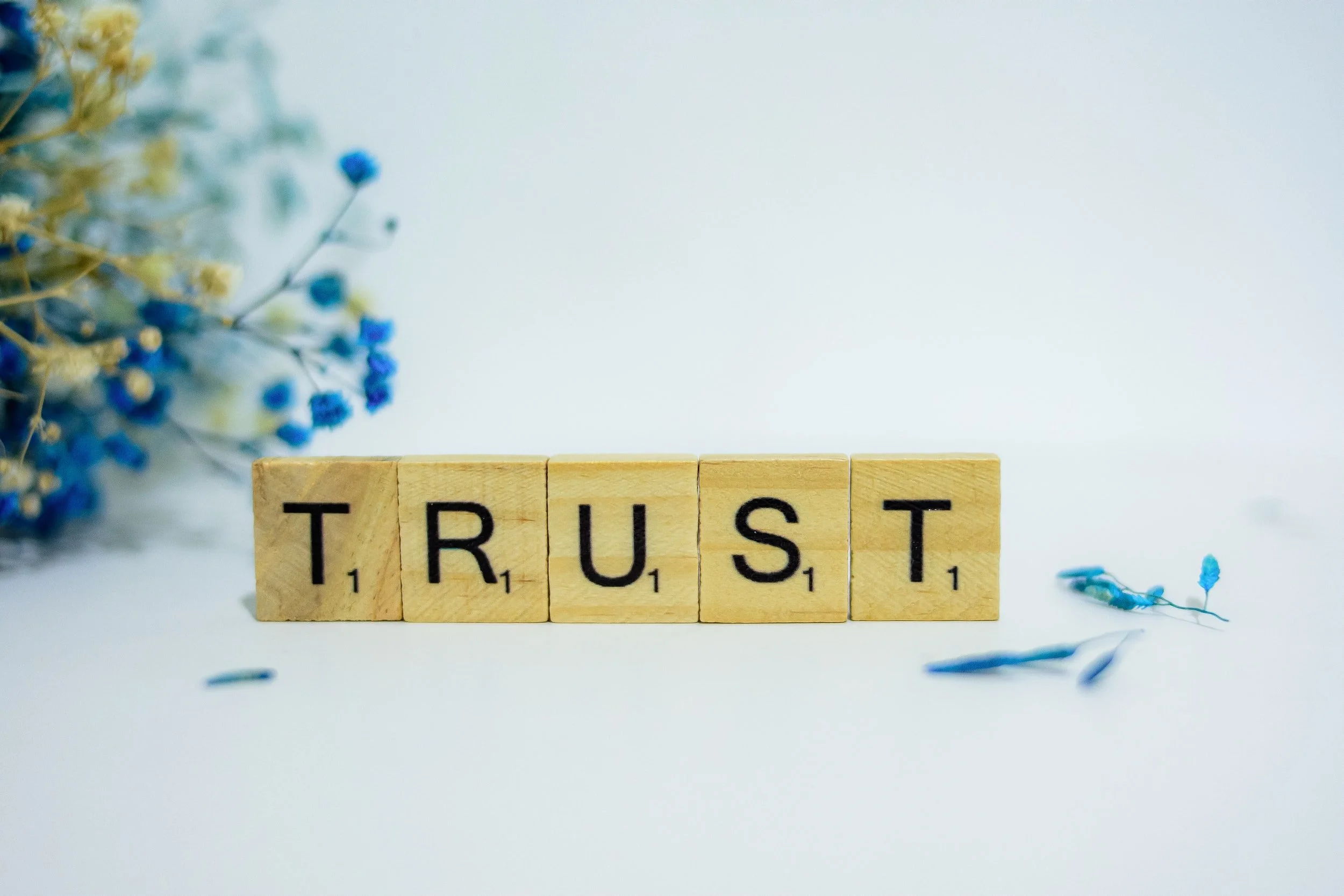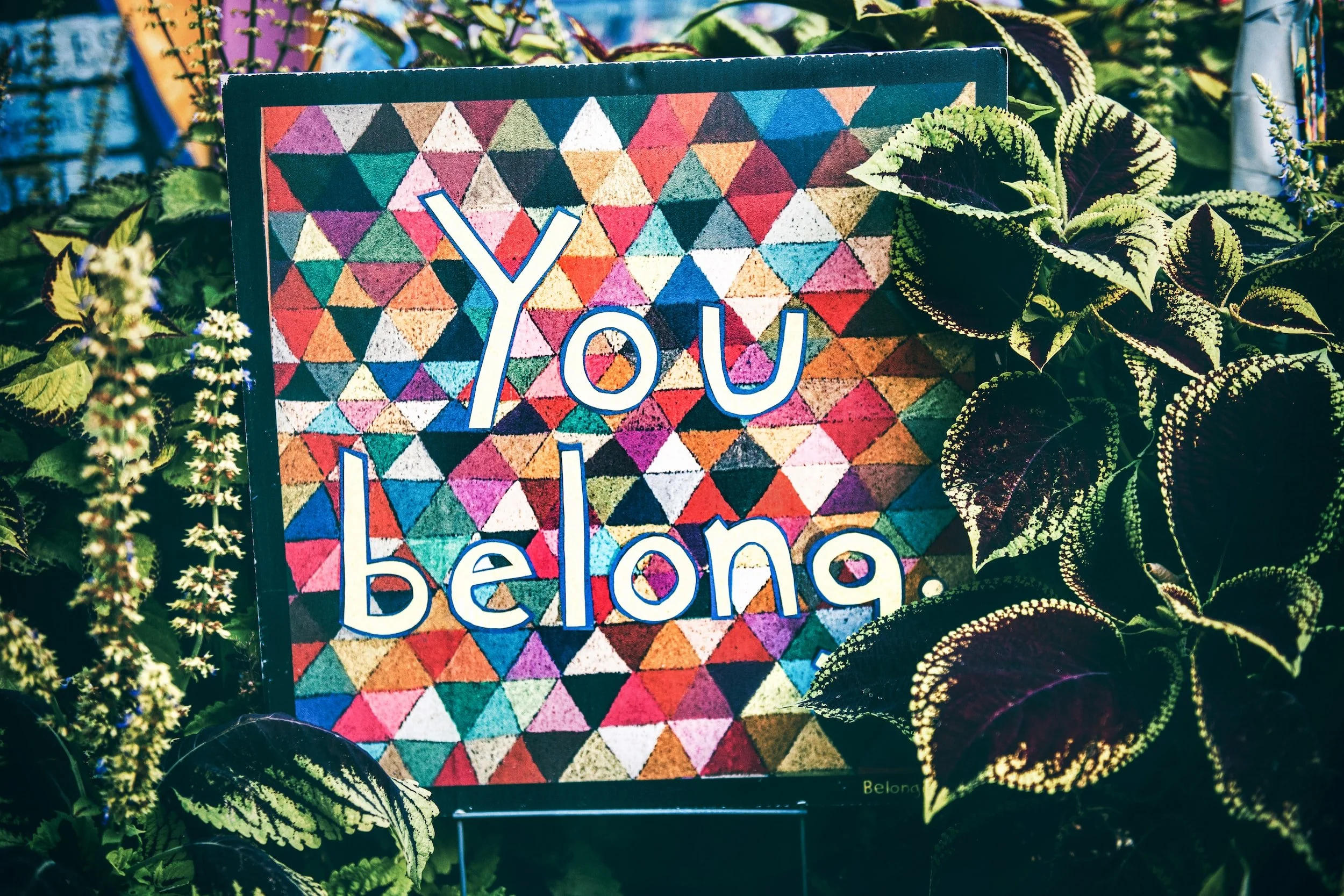Face Your Fears and Embrace Conflict
Face Your Fears & Embrace Conflict
So many of us spend a lot of time avoiding conflict. I think we do it because we want to stay in a place of comfort (or, at least, avoid discomfort). The truth, I think, is that ultimately, we choose to exist in perpetual discomfort about the things that we really need to say. Embracing conflict, when done well, can actually get you to a place of deeper trust, deeper impact, better quality, and better productivity.
Many of us grew up with this notion of “if you don’t have anything nice to say, don’t say anything at all.” There can be so many reasons why people choose to avoid conflict. They may not feel safe enough to engage in the conflict due to power dynamics. They might belong to a marginalized group and find themselves worried about stereotype threat. So know that there is no judgement for those who choose to avoid conflict for reasons rooted in safety.
At the same time, we have to be honest about what the consequences of that choice might be.
Let’s take a look at conflict in a place most actively avoid it: the workplace.
According to a study performed by the Myers-Briggs Company, managers spend over 4 hours per week managing conflict and there’s more conflict in the workplace now than ever. The study indicates that the more time people spent dealing with conflict, the lower their satisfaction with their job and that 1 in 4 people think their managers don’t handle conflict well. What’s more, it says that the primary source of conflict is poor communication.
Of course, this all makes sense, right?
We all know that the workplace is currently more diverse than it’s ever been before. In most workplaces, there are 4 different generations of people trying to all work together. There’s never been a time where the workforce was as diverse in terms of race, gender, sexuality, religion, politics, and so many other dimensions of identity and, naturally, conflict will arise.
That’s important to name. That conflict will arise. The era where we allowed for one way of doing, being, and thinking is pretty much gone and is unlikely to return anytime soon.
So here’s the thing: people hate dealing with conflict, and yet we have to expect it when people from different backgrounds come together to have spectacular impact. And when we avoid conflict, what we’re doing is delaying the conflict. That inevitably means you are dealing with it longer than you might actually have to. Remember that note above about the more time spent dealing with conflict, the less happy people are with their jobs? See the problem?
The notion that avoiding conflict protects us, keeps us safe, or even truly avoids that discomfort is really a myth. That conflict will show up other ways. It will compromise trust. It will compromise your ability to be honest (as doing so might invite that conflict). What’s more, in avoiding the conflict – or merely delaying – you deal with it far longer than you have to, which can make the work unpleasant.
Instead, I challenge you to be courageous. To be vulnerable. To lean into the discomfort. Take a moment to assess what you need to be safe as you embrace the conflict. Determine what your boundaries are. Think about what you want on the other side of the conflict. And then… face it.
I’d love to hear from you: What is the scariest part of facing and embracing conflict?







